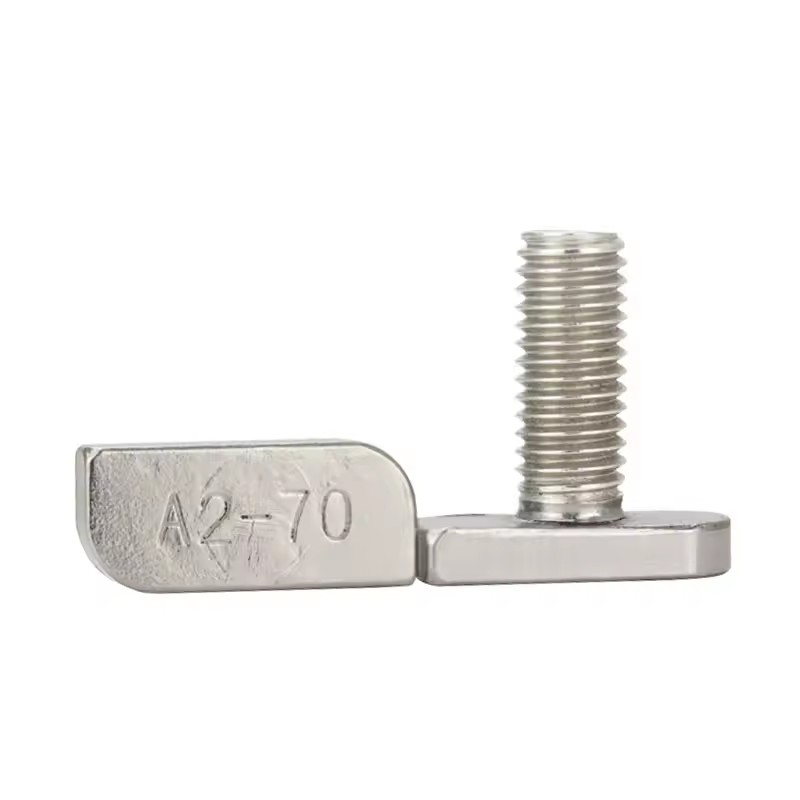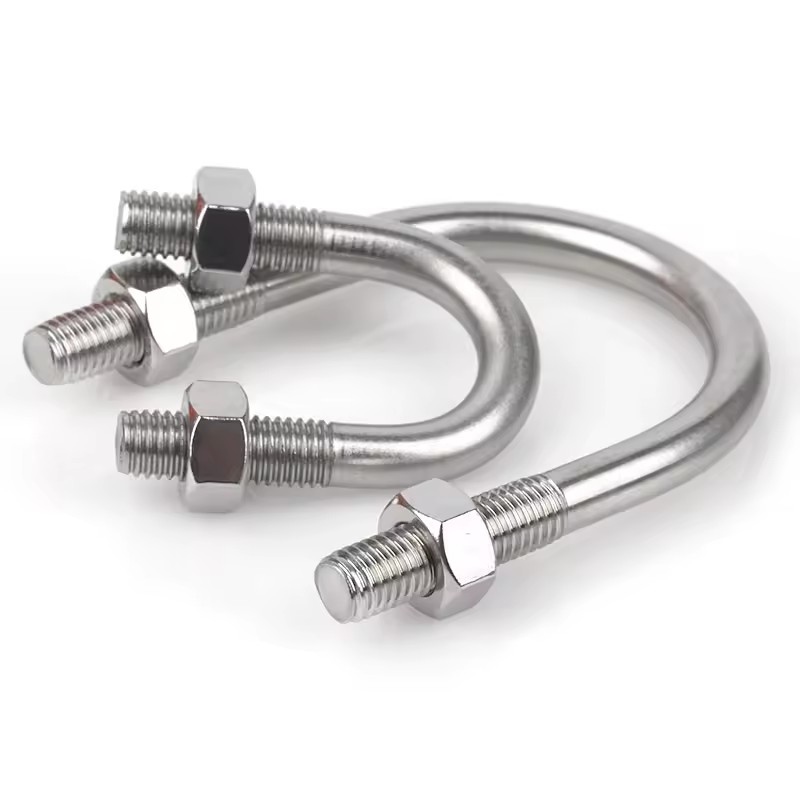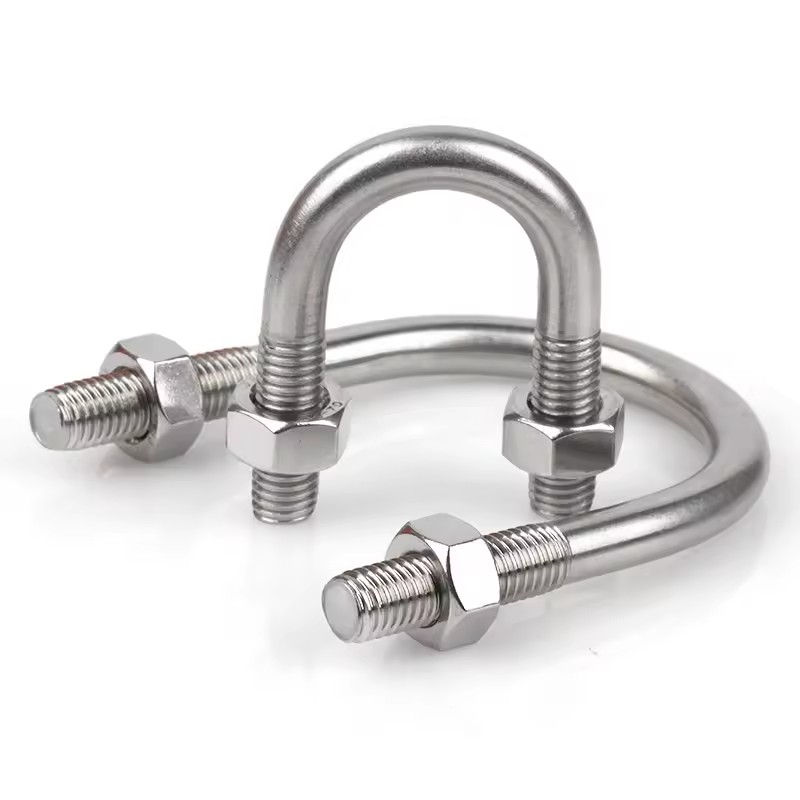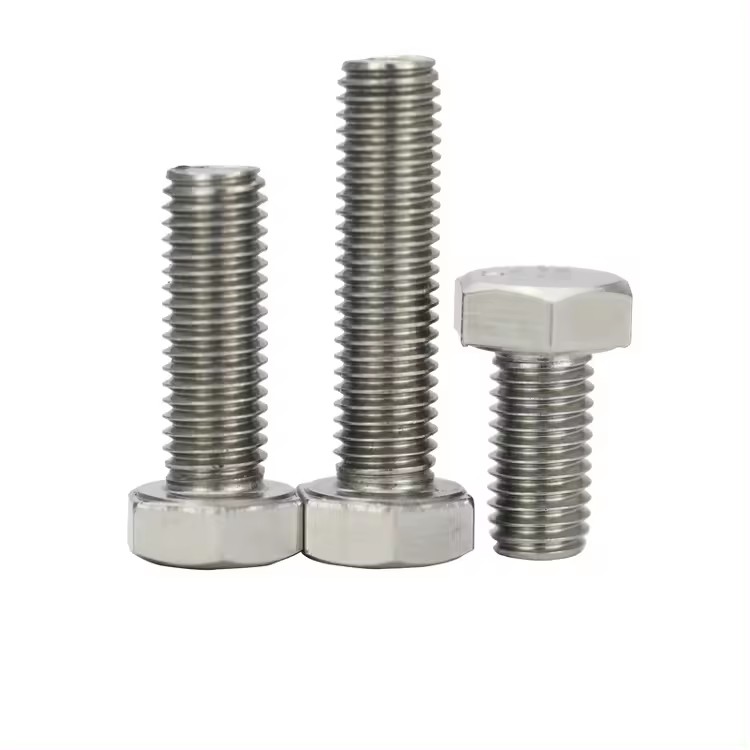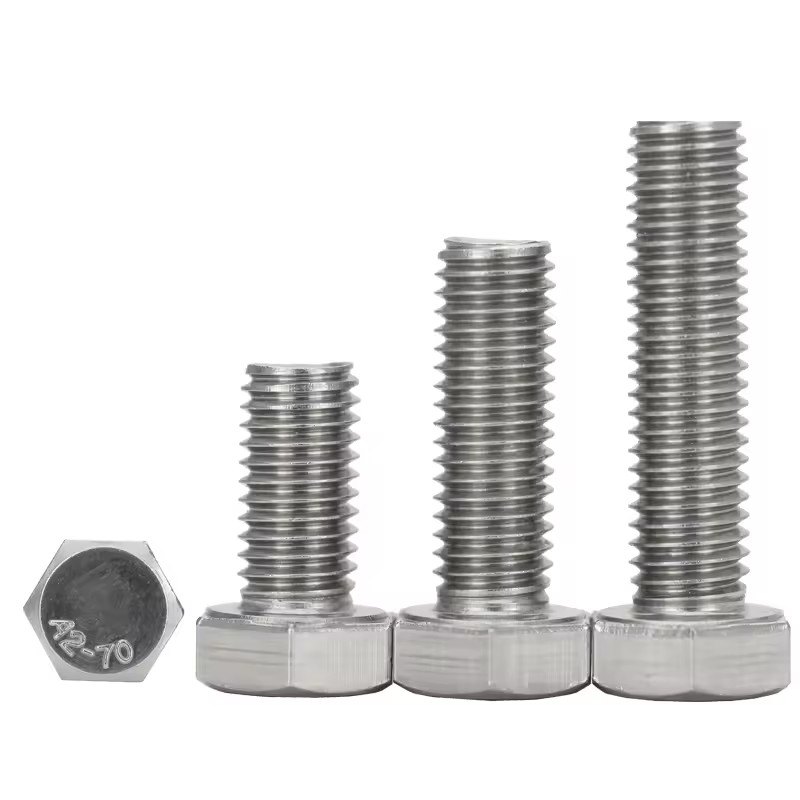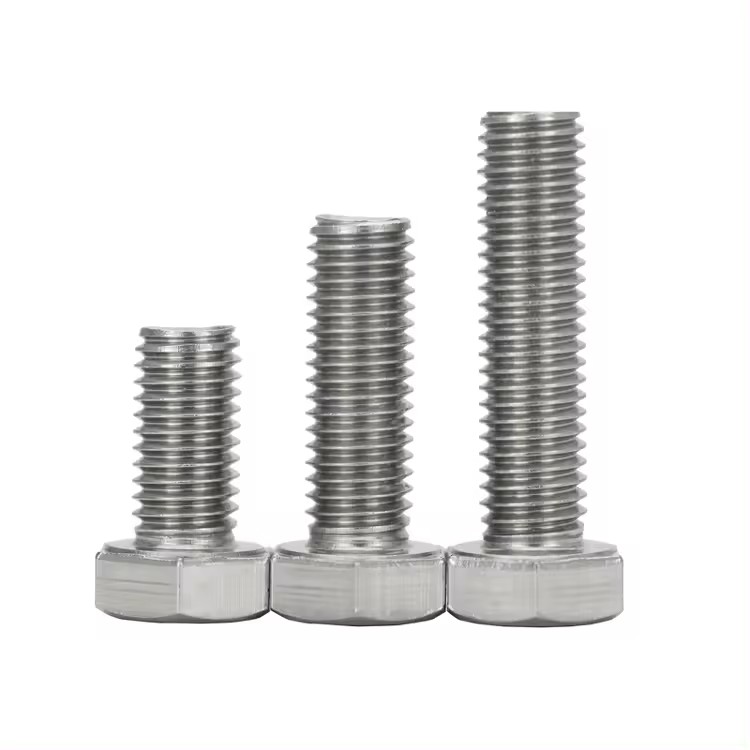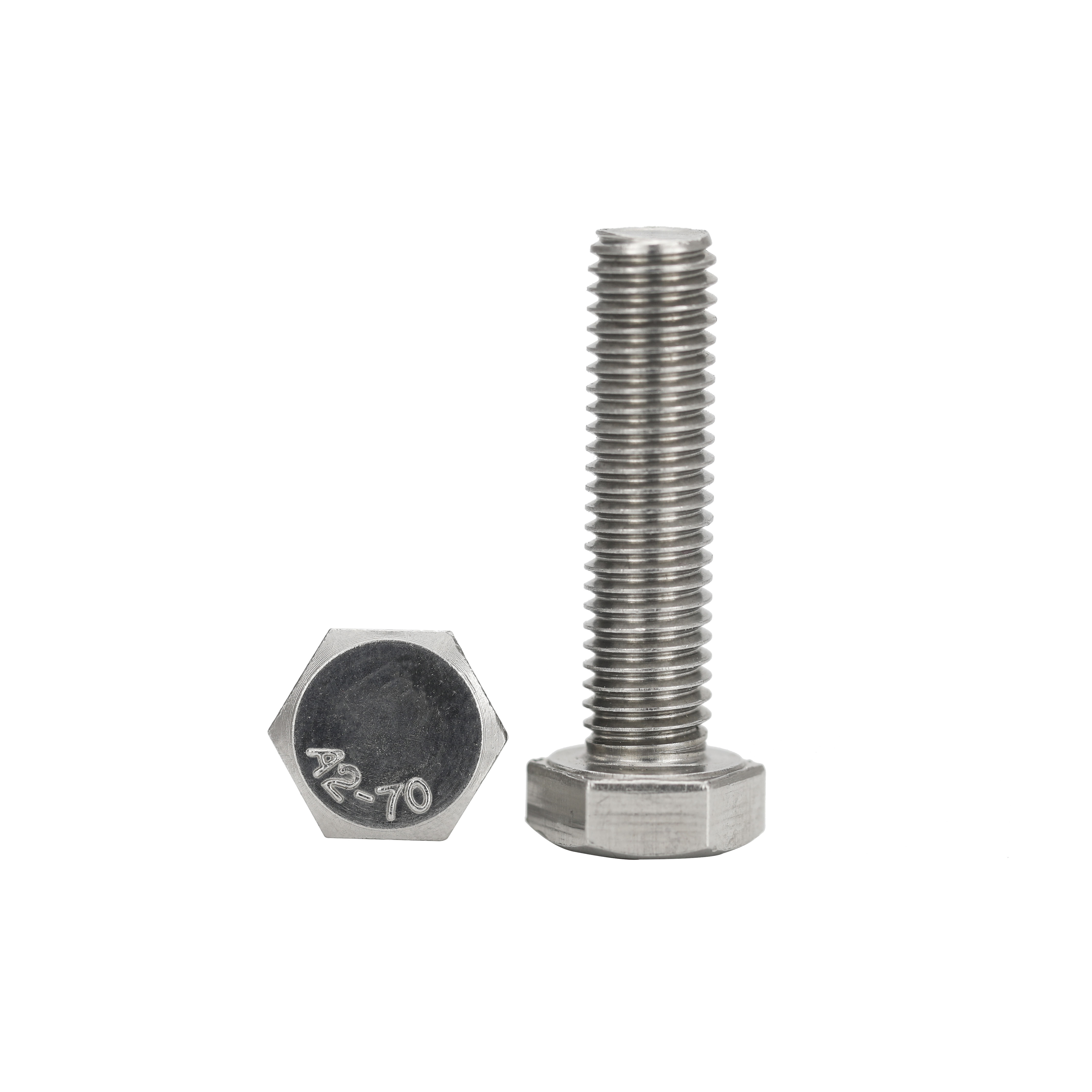In the world of industrial engineering and precision manufacturing, fastening solutions are not simply a matter of preference—they’re a matter of performance. Among the most reliable and versatile components in this domain are stainless steel socket screws. Engineered for durability, precision, and resilience, these seemingly unassuming fasteners are indispensable across sectors ranging from aerospace to marine, medical devices to heavy machinery.
The Anatomy of Excellence
At their core, socket screws—also known as Allen head screws—are characterized by a cylindrical head and a recessed hexagonal drive. This design allows for increased torque without damaging the screw, enabling a more secure fit in high-tension environments. Made from stainless steel, they possess an intrinsic resistance to corrosion, oxidation, and chemical degradation. These properties make them a cornerstone in applications where strength must coexist with longevity.
The superiority of stainless steel lies not just in its corrosion resistance, but in its metallurgical integrity. Composed primarily of iron, chromium, and nickel, the alloy forms a passive layer of chromium oxide that shields the surface, even when scratched or abraded. This makes socket screws forged from stainless steel ideal for both exposed and submerged environments.
Functional Versatility
Socket screws are designed to be used in tight spaces where external wrenching is impractical. The internal drive mechanism provides a streamlined silhouette, minimizing protrusions and reducing the risk of snags in dynamic systems. Their precision threading and exacting tolerances contribute to high clamping forces, making them suitable for structural assemblies where vibration and dynamic loads are common.
From securing components in CNC machines to holding structural panels in architectural frameworks, these screws provide a high level of mechanical integrity. In medical devices, their clean aesthetic and sterilization-friendly material make them a mainstay. In high-performance engines, they ensure exact alignment under extreme conditions.
Grades and Variants
Stainless steel socket screws are not monolithic; they are available in various grades and specifications tailored to specific tasks. The most commonly used types include A2 (304) and A4 (316) grades. A2 is suitable for general-purpose indoor applications, while A4 contains molybdenum, enhancing its resistance to chlorides and saline environments—a critical feature for marine and chemical industries.
Variants such as button head, flat head, and socket cap screws cater to differing load profiles and aesthetic considerations. Socket cap screws offer the highest tensile strength, often exceeding 120,000 psi, making them suitable for critical load-bearing joints. Flat head screws, by contrast, provide a flush surface post-installation—ideal for sleek product designs or space-constrained assemblies.
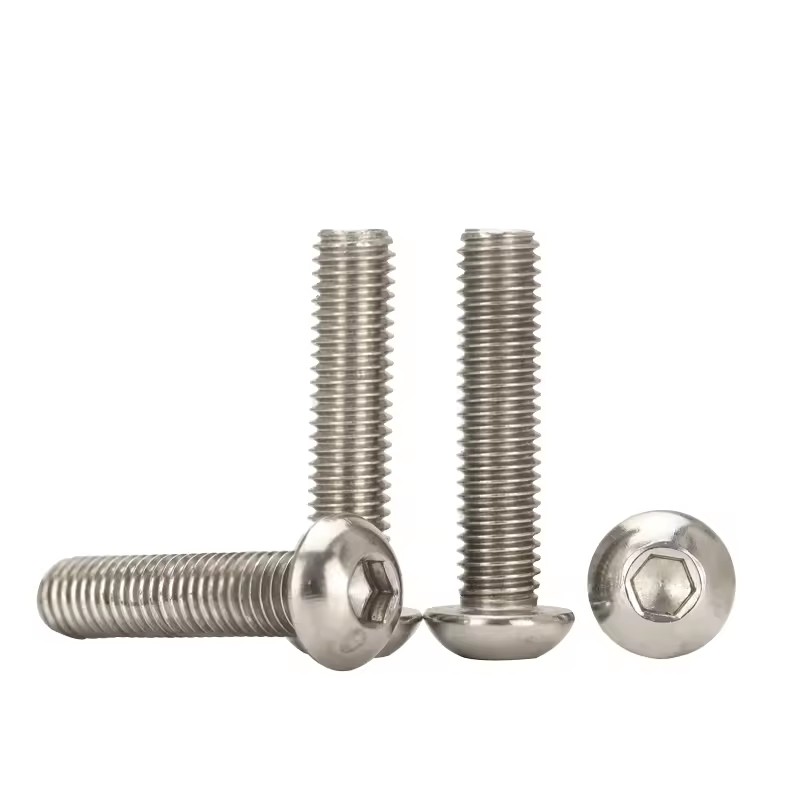
Performance Under Pressure
What sets stainless steel socket screws apart from conventional fasteners is their unwavering performance under pressure—both literal and figurative. In high-temperature applications, they maintain structural integrity where lesser materials would succumb to warping or fatigue. In corrosive environments, they retain their form and function long after other fasteners have degraded beyond use.
The hexagonal socket also provides an added layer of tamper resistance—essential in public infrastructure and security-sensitive installations. For manufacturers and engineers, this means fewer maintenance cycles, reduced downtime, and ultimately, a more reliable end product.
An Investment in Reliability
Choosing stainless steel socket screws isn’t just a technical decision—it’s a strategic one. It signals a commitment to quality, reliability, and longevity. Whether embedded in a surgical robot, a spacecraft panel, or an offshore rig, these screws serve as the quiet custodians of performance.
In a world where every component matters, stainless steel socket screws stand as a testament to engineering done right. They’re not just fasteners—they're foundational.





